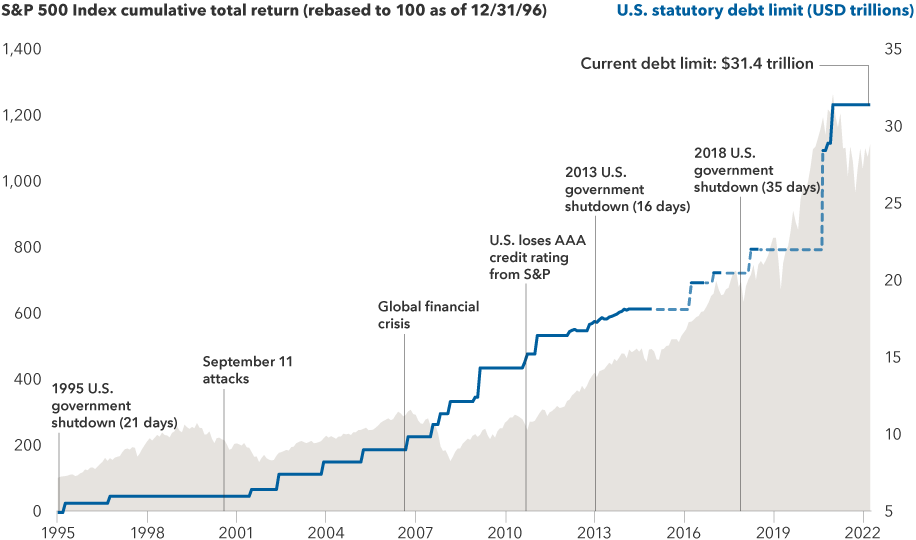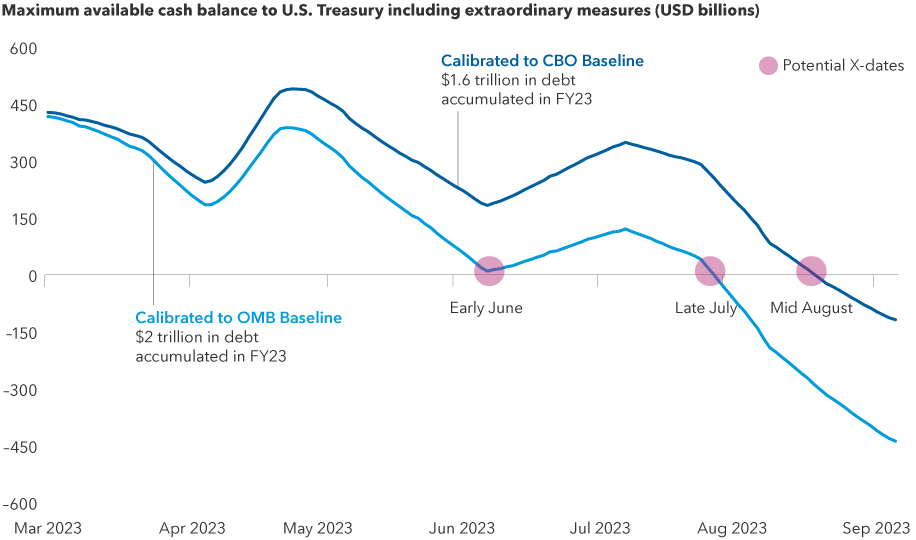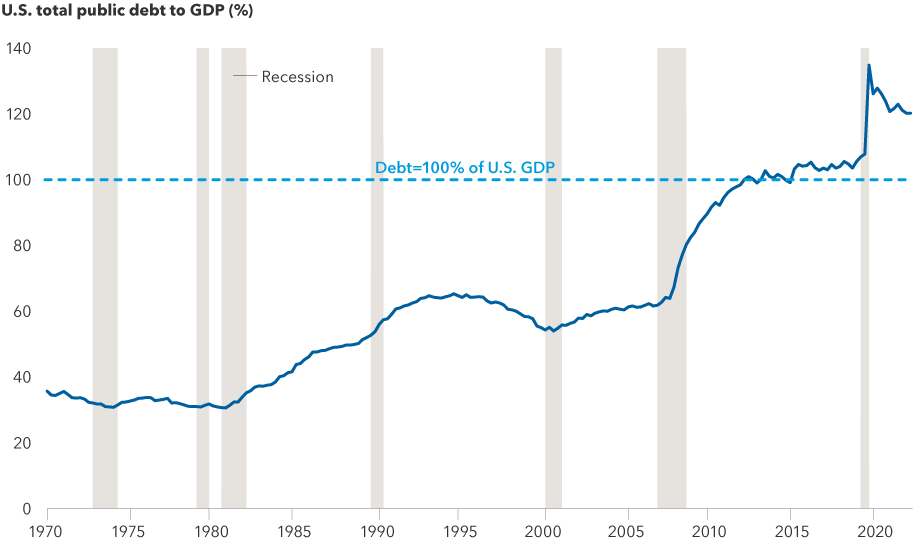Stop us if you’ve heard this one before: U.S. lawmakers are clashing over a legislative action to raise the federal debt ceiling. The issue has been percolating for months but could come to a head in June as the U.S. Treasury starts running out of money to pay its bills.
The decision to increase the nation’s debt limit is often a routine one — except in years when Congress is divided, like it is now. With Republicans controlling the House of Representatives and Democrats in command of the Senate, the scene is set for what could be one of the most contentious debt ceiling showdowns in recent history.
Negotiators for the White House and top Republican leaders were reportedly close to an agreement this week that would raise the debt ceiling for two years while placing caps on certain federal spending, excluding the military and veteran-related programs. However, Congressional lawmakers left for the Memorial Day holiday without finalizing a deal.
“It's all part of the usual Washington dance where negotiations go to the last minute and then each side compromises,” says Capital Group political economist Matt Miller. “My guess is, there will be high drama, but a deal will happen and we will avoid a 2011-style showdown.”







